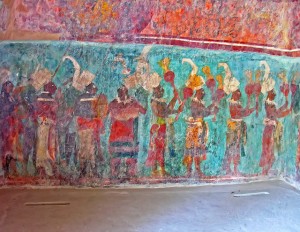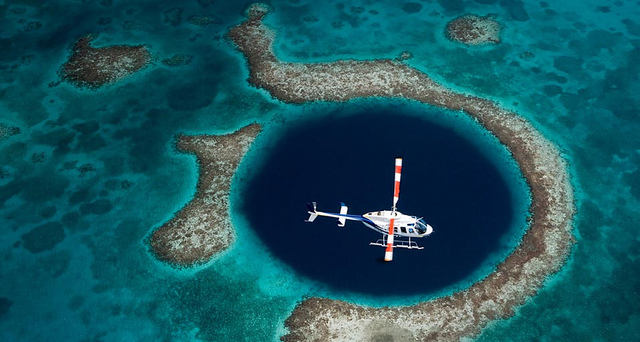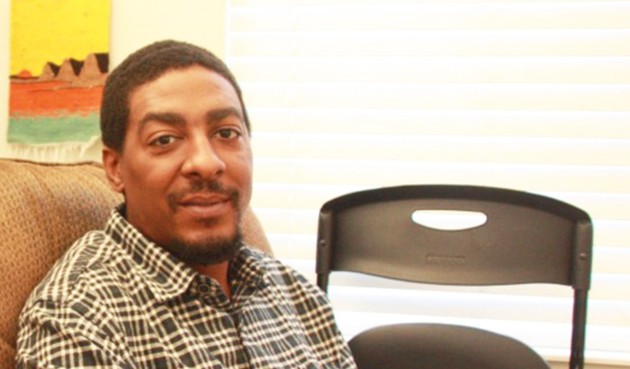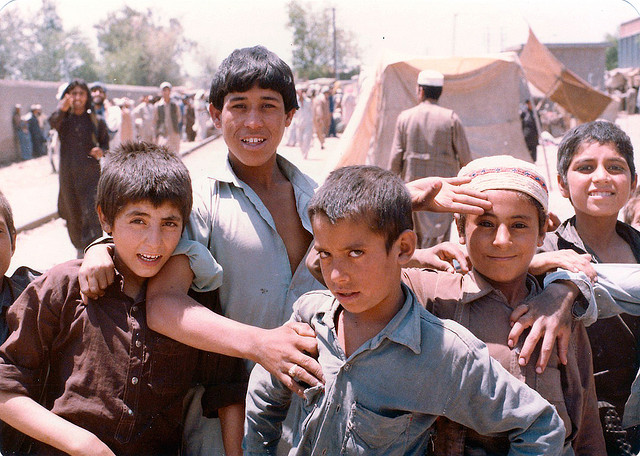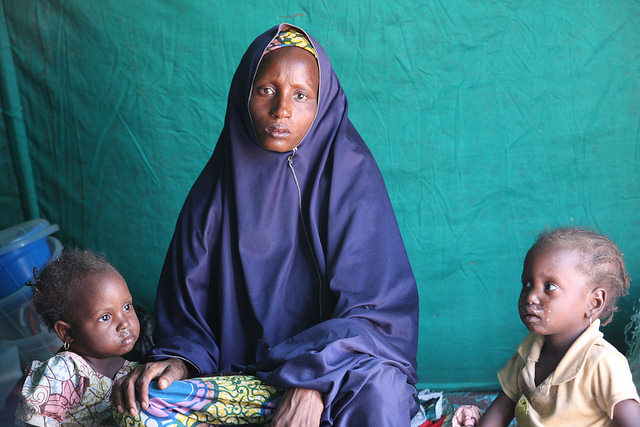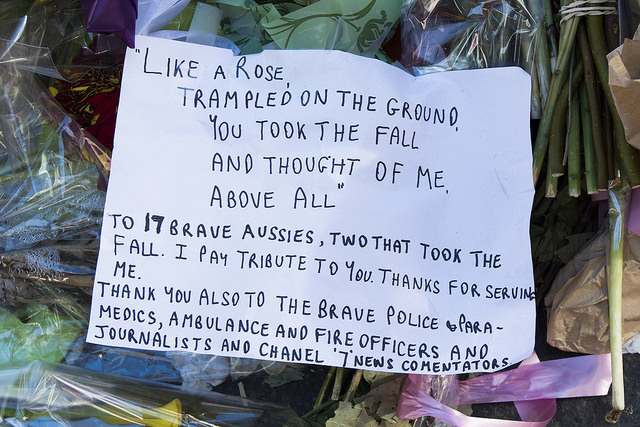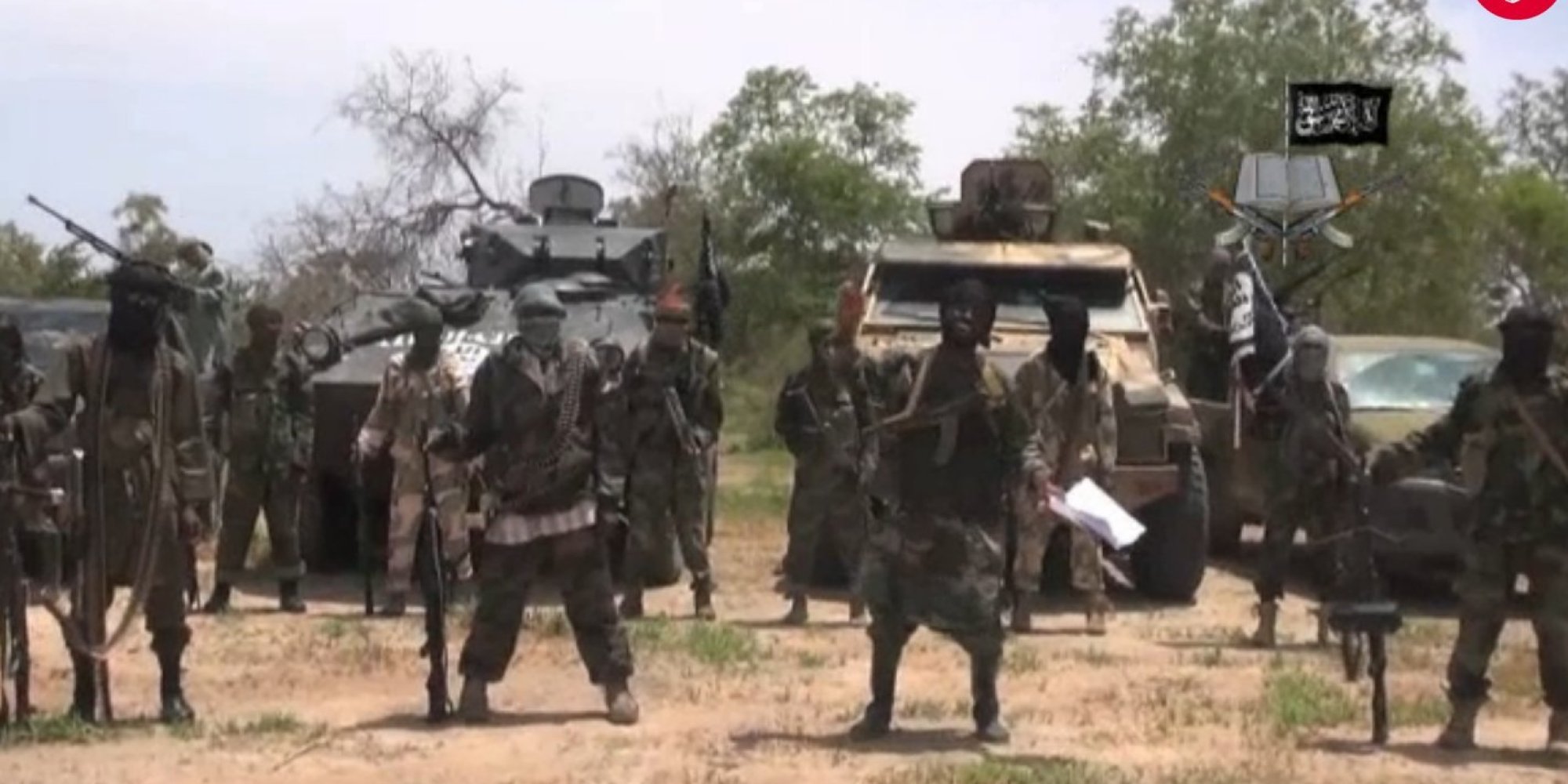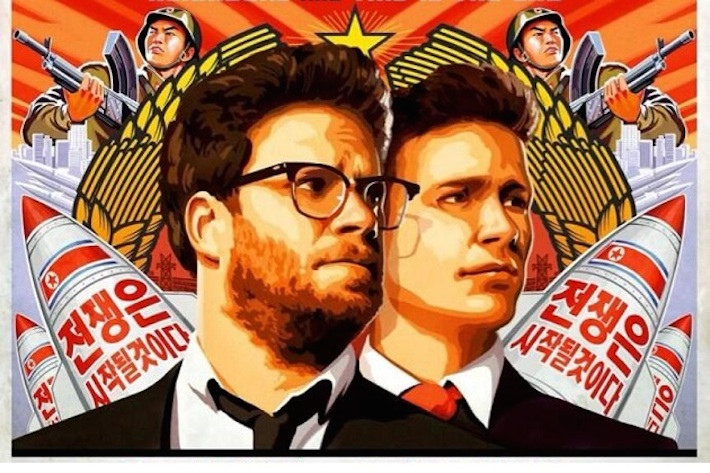For those who are unaware, Serial is Sarah Koenig’s search for the truth behind Hae Min Lee’s murder in 1999.
The case is simple. The victims of the crime of passion in question were two teenage immigrant American lovers who split up at the turn of the century. Born abroad and raised in the US, Hae from Korea and Adnan Syed from Pakistan, puppy love, if their relationship at the time could be called one was occupied their time together. Like all teenage crushes, the relationship cookie crumbled. Then there was Don. Onion Inc’s The Serial, called Don’s involvement with Lee a “bombshell.” Anyone who splits moves on, and so did Hae. Wiser than before, she moved on to an older man quicker than expected, who obviously would take her seriously, and hopefully not break her heart. Jilted by his first love, Adnan was upset, as would any hot-blooded boy experiencing his first heartbreak. He tells his “friend” Jay Wilds he’s upset, wants to hurt Hae, and misses school, but returns to his usual humdrum life as a student at Woodlawn High in Baltimore.
Weeks later, Lee was found dead, asphyxiated in a carpark, and a year later Adnan was arrested, tried and sent to a life in prison for the crime.
What sent him so quickly to jail was his friend Jay Wilds’ statement.
Everyone involved in the case was heard from, all except for Jay. Zigzagging his way through the trial, at least according to Koenig’s and attorney Rabia Chaudry’s research, Jay’s statements were questioned during the production of the first season. Chaudry’s believes that a version of events as sporadic as Jay’s ideally will have been questioned if not totally dismissed during Adnan’s trial. Cristina Gutierrez, Adnan’s defense lawyer, presented evidence that might have changed the course of the case. Alas, for her and Adnan this wasn’t enough for an acquittal. Adnan was sent to jail for life, Gutierrez was disbarred and later passed way, and Hae’s family moved back to Korea with no closure at all.
For Chaudry, whose keen interest in the case resurrected it from the dead, some things weren’t really adding up. She wanted justice for Adnan, and the logical way to get to it was question Jay’s statement. Very quickly, Serial turned from the quest for Hae’s killer to a full blown ideological war between Jay and Adnan. Adnan had to defend himself and so the taped interviews with Koenig provided an insight from his point of view. For Jay who declined to make any comments on the case, there were the old tapes, but just weeks after Serial ended he turns up to clear his name.
Released as a three part interview, The Intercept’s Natasha Vargas-Cooper spoke to Jay about Serial. If you’ve read the lengthy interview, you simply will find a defensive and understandably upset Jay recount events that occurred on Jan. 13, 1999 as simply as he can. Condensed and focused on the occurrence of the events on the day, during the trial and almost 13 years after Serial tossed his name notoriously in the mix, Jay made no bones about his thoughts on Serial and Sarah Koenig.
In the first part, Jay talks about being a 16-year old dope dealer dealing with racism, being ostracised from the popular clique in the school, taking refuge on the downlow with small groups of friends, music and the outdoors and resenting school, like any normal teenager in Maryland.
Jay vaguely hung out with Adnan, barely remembered anything the both of them shared in common apart from smoking weed, having the odd laugh, his relationship with Hae –he, who thought the athlete was wiser than her years – and what he worked as to pay his bills. For two people who supposedly buried a young woman sent to her death disgracefully as it was, here is where most listeners can’t understand what brought Jay and Adnan were ever together in this crime.
Jay mentions Adnan wanting to hurt Hae, but does not speculate or draw conclusions. He doesn’t even know why they broke up, yet, he is made privy to Adnan’s intentions of hurting Hae for moving on. I’m no criminal, but if I were to commit a crime, I’d probably put my confidence in a friend who I know very well. He or she will have my back and if we are really close, maybe even take the fall for me. That didn’t happen here.
By his own admission, Jay always felt like an outcast at school. He thought that Adnan was a prude and idolized Hae to a certain extent, which is what anyone who was looked down on would do at school. Typical high school behaviour, you see. What I can’t understand is why of all the Moslem friends Adnan had, if he was attached to his community that bad, would he zero in on Jay. Why would someone who just killed a girl, dumped her in the trunk of her car give their car to someone they rarely know to pick them up after the crime?
The whole premise has loopholes as wide as a ditch right in the middle of the street. Here’s how it went down according to Jay: Adnan ditched last period with Jay in the car. Adnan leaves his car and keys with Jay, who has to run to the mall to get Stephanie (his girlfriend at the time a gift). Adnan convinces him to take his keys and car, get dropped off at school. Jay buys the gift at the mall, goes to his friend Jenm’s house, smokes and get Adnan’s call to pick him up. He goes, picks up Adnan and just like that Adnan confesses his crime.
Up until this point the events on Jan 13, read like the script to a very bad C-grade movie. No crime even committed unintentionally has a script this bad. No crime is this simple. No crime is so badly planned, even by the dumbest of the lot.
But, let’s move on to Jay’s story. He picks Adnan up at this now infamous Best Buy, while Hae is dumped lifeless in the trunk of her car parked somewhere to be buried later. They go over to Cathy’s house to smoke where three other friends Jeff, Laura and Jenn have turned up too. If I was confessed to by someone who just committed murder, I probably would tell the police or some friends I know. Reporting the crime would at least rule me out as an accomplice, especially if I have been seen moving around with the criminal. Jay’s mind thinks otherwise. In what universe does killing someone deserve lesser justice than drugs or implicating the innocent. Even if they did launch an investigation, wouldn’t the police rule out everyone since you aren’t guilty unless proven?
Jay fears for his grandmother, a strong matriarchal figure who probably would have been devastated if she know her grandson had helped bury Hae. Afraid of being arrested for trafficking drugs, Jay seems to contradict himself when he claims that he was worried about his family and friends being involved in this crime. For anyone studying this case, the friends and family had nothing to do with the murder. Unexplained, but it is what it is.
Adnan goes home, meets Jay outside his house sometime later in the evening and convinces him to bury Hae in Leakin Park. According to Jay, who went home and was dealing with a moral dilemma the same time as Adnan, he finds himself agreeing to bury the lifeless body of a woman he respected, at the behest of Adnan who is now driving Hae’ car with her body in the trunk.
Not even the stiff, cold, and pale corpse in the car moves Jay to spring into action. Instead he is blackmailed into digging a hole in the ground, to bury Hae. The blackmail is as dead as a doornail; a police threat regarding drugs and some other “shit” Jay was involved in. In what world was murder not shit that hit the fan, I can’t fathom. For Jay, burying Hae was what sounded right at the time. A price to pay to earn Adnan’s silence.
It is clear that Jay and Adnan are probably the only two people who knew about what had happened. They decided to abandon the idea of burying her because she’s heavy, but complete it anyway with Adnan, doing it all on his own. A mind game with parking Hae’s car in an unrecognised location ensues and then they’re off to bed. Harebrained. That’s what the whole plan sounds to anyone listening to it.
I get why Jay’s often opposing statements may have us all confused. He’s worried sick over being arrested for drug possession or involving his grandmother and friends, and refused to speak to the police until he was badgered into it after they dropped the idea of pursuing him for drugs. So, when did drugs become far more important than the life of an individual?
Jay testified in the trial and was given two years probation for being an accessory to murder. Although he testified, he says wasn’t the whistle-blower, who led the police to Adnan for a crime only he and Adnan knew everything about. Instead he lays the blame for the first time with some coherence on a priest of the Moslem community Adnan belonged to, saying that a confession ot a confidante may have led to his arrest. Interesting fact, the Moslems are not bound by the absent rite of confession and either someone in the community would’ve been notified of it before Jay was, since he was well acquainted with those in the mosque.
Going through the condensed interview with The Intercept, I find Jay’s justification almost comical. The second part of the interview tries to gauge what mental and moral pressure, Jay had to go through to testify against Adnan. He says he’s sorry he was an accessory, but then all that talk about selling more weed or choosing the right circle of friends is incoherent bullshit. Pardon my French, but anyone can see through it. A criminal has already lost a sliver of humanity that can only be redeemed by repenting and making up for it, so Jay’s link to humanity has obviously been saved by someone who seems to have a vested interest in the case.
Serial blew up on the internet and had millions hooked to hear what was up with the case. Even as far as New Zealand, where I live, Serial had us hooked. For Jay not to have heard about his name on it is ridiculous. Serial’s production has been on all year, and his refusal to speak on grounds that only Hae’s family, who by now moved to Korea, deserved closure and answers is what put him on the spotlight.
As for the emails, Koenig is a journalist and writer by heart, and is evident in the professional wording of her villain. She never aimed to portray Jay as a villain, he did that really well all on his own, but wanted to hear his side of the story to bring it to a full circle. If anything, she may be accused of sensationalising the case, but then, most of us were left disappointed with the end.
Jay’s choice to come out now is interesting. The internet and technology have come a long way from 2000. We now have Facebook, Twitter, Google+ and whole lot of sites other than Reddit to look for Jay Wilds. It’s common knowledge that his life is changed post Serial. He’s angry with Julie Snyder, Koenig and Chaudry who’ve dug up the past and made his present a living hell.
Jay’s not going to give up blaming Adnan for the murder, Koenig for stereotyping him and the general public willing to harm him under a false sense of justice. Journalists are bound by a code of ethics that prevents them from taking measures to reveal information of any sort that can be tracked to them. It will ruin the reputation of the skilled storytellers who will be labelled the ones crying wolf every time, they want to tell a story. No journalist likes discredit, it is professional hara kiri. Jay is justified in believing that either Koenig or Chaudry are involved in leaking information, ut he probably will have to explain why he thinks they would want to do it 13 years later.
Serial was to Adnan and the listeners hope and an answer to the death of Hae Min Lee and an attempt to find the real killer in the whodunnit. Koenig speculated it until the end. There was Don, the cell records, the call, the note from the library and a whole lot of newly discovered evidence, but what it lacked was Jay’s version of the events.
Jay’s interview also brings his fear of being targeted to the fore. We’re sorry that people are targeting his family and bringing up a criminal past that runs in his family in the light of this case. There is no place for retribution from impassioned listeners, and dredging up a chequered past, when we’re all bound to have one isn’t helping Adnan. We aren’t the law and rightfully should refrain from judgement, until those equipped with the law decide where to take this case.
Adnan and Lee have found a new lease of life in 2014. They’re being remembered for what they were and so is Jay. His refusal, denial and timing of the tell-all interview is perfect, but now that he’s come out of the woods, he’s not going back in. If there is a justice system that works, we’ll hear a lot more about this case. Here’s to hoping that Lee’s family finally learns the truth, unfortunately only Jay has the truth and it is time he sets the record straight.
No matter what, Serial popularity has raised Jay Wilds’ notoriety through the roof and undoubtedly made him the star of the podcast. But this star has a lot to tell us about Adnan Syed, so let’s wait.
Rathan Paul Harshavardan
